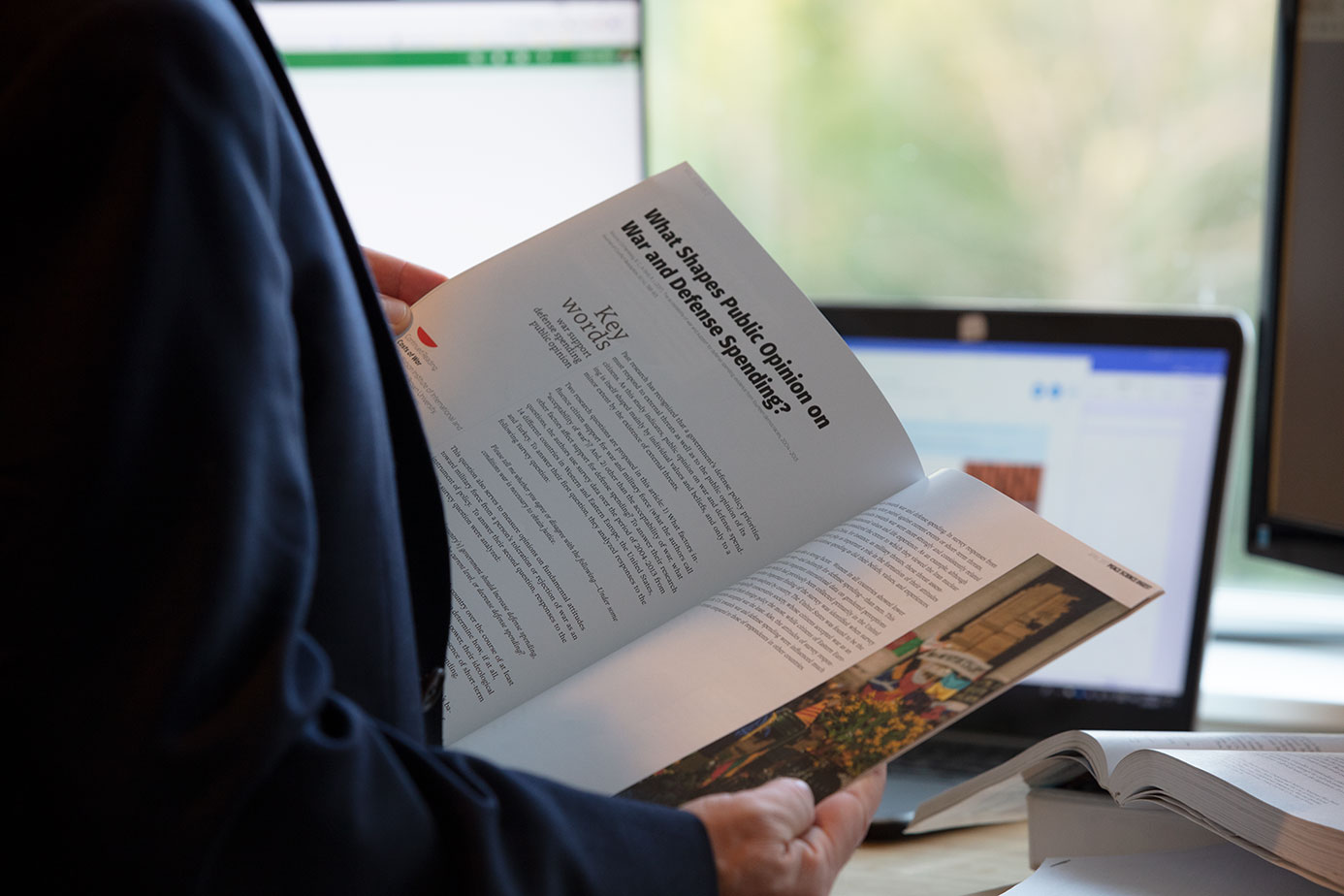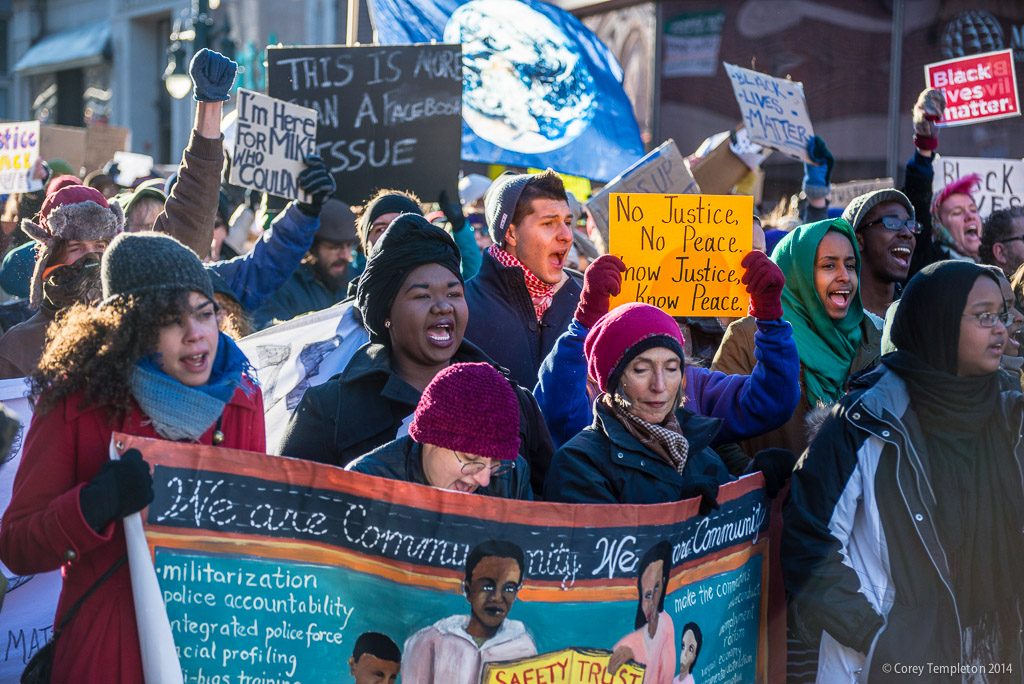
Building Peace midst Conflict: My Journey in South Sudan’s Path Towards Elections
by Lona James Luduro Elia This essay was selected for publication as part of the War Prevention Initiative’s Essay Un-contest on Peaceful Elections. As a young woman born in Yei who grew up in Juba, South Sudan, I have witnessed first-hand the tumultuous journey of my country’s quest for democracy. … Read more
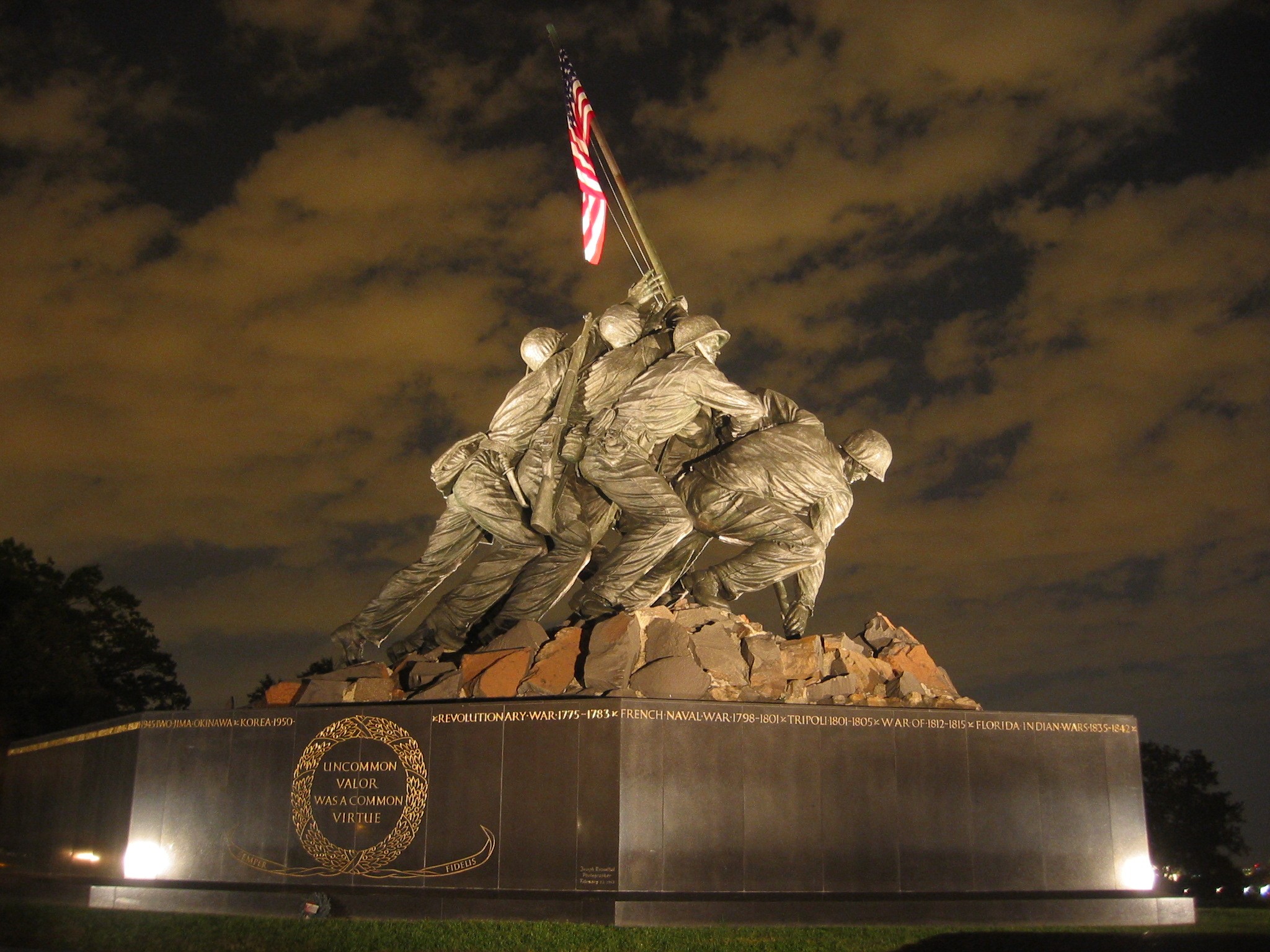
The Reassuring Illusion of Victory in War
“Liturgies of triumph”—public rituals that symbolically reinforce and celebrate the idea that the U.S. always wins its wars, “embedded in national calendars, public commemorations, and team sports”—shape the understanding and practice of wartime, both producing an expectation for military victory and assuaging public anxieties that emerge from its absence in most contemporary warfare.
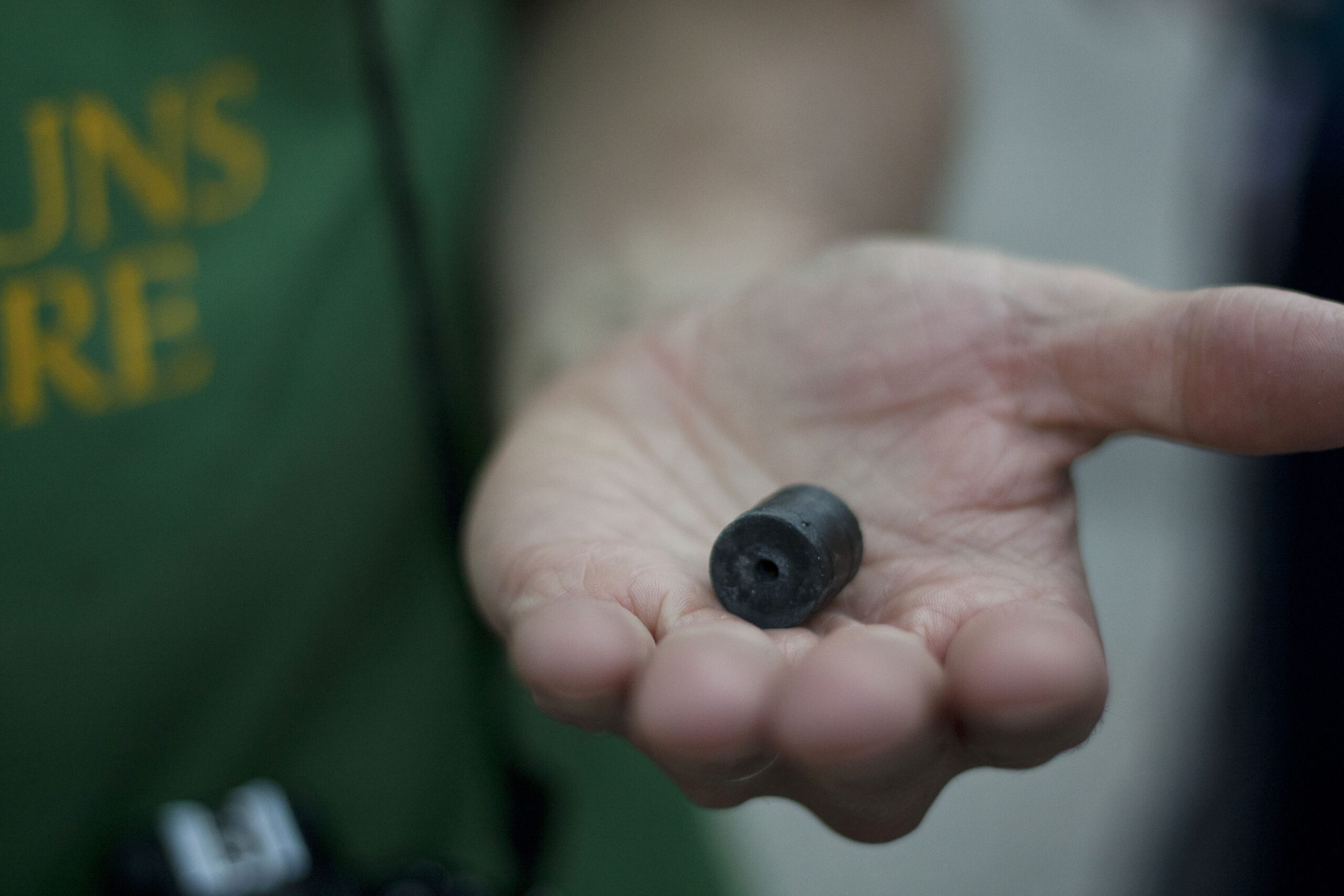
Justifying Violence with the “Less-than-Lethal Paradigm”
The “less-than-lethal paradigm” is a military strategy aimed at managing the popular perception of violence by using less deadly and more concealed methods to justify imperial actions in a way that aligns with the principles of liberal democracy.

How to Tell the Truth about Racial Violence: The Case of Mississippi’s Incomplete Truth Commission
Truth commissions were initially used as a tool in the immediate aftermath of a violent conflict or during political transitions but, as their popularity surged in the 1990s and early 2000s, they began to be applied to contexts within established democracies to address historic harms and injustices.
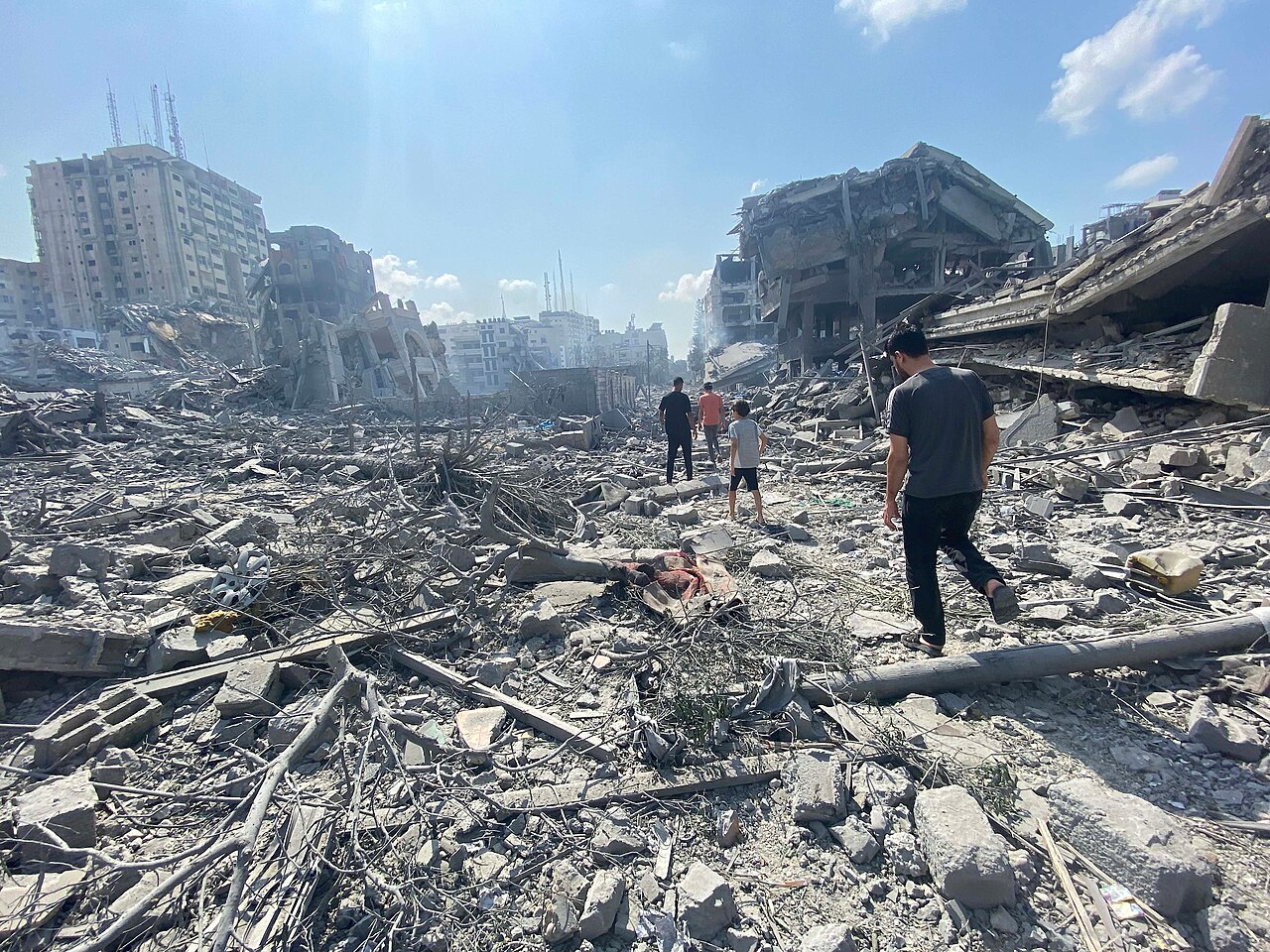
How Indiscriminate Counterterrorism Can Backfire
While Israel’s use of selective counterterrorism, in the form of punitive house demolitions, did not have a clear impact on Palestinian public opinion, Israel’s use of indiscriminate counterterrorism, in the form of precautionary house demolitions, resulted in more “radicalized” political attitudes among Palestinians from the same district.
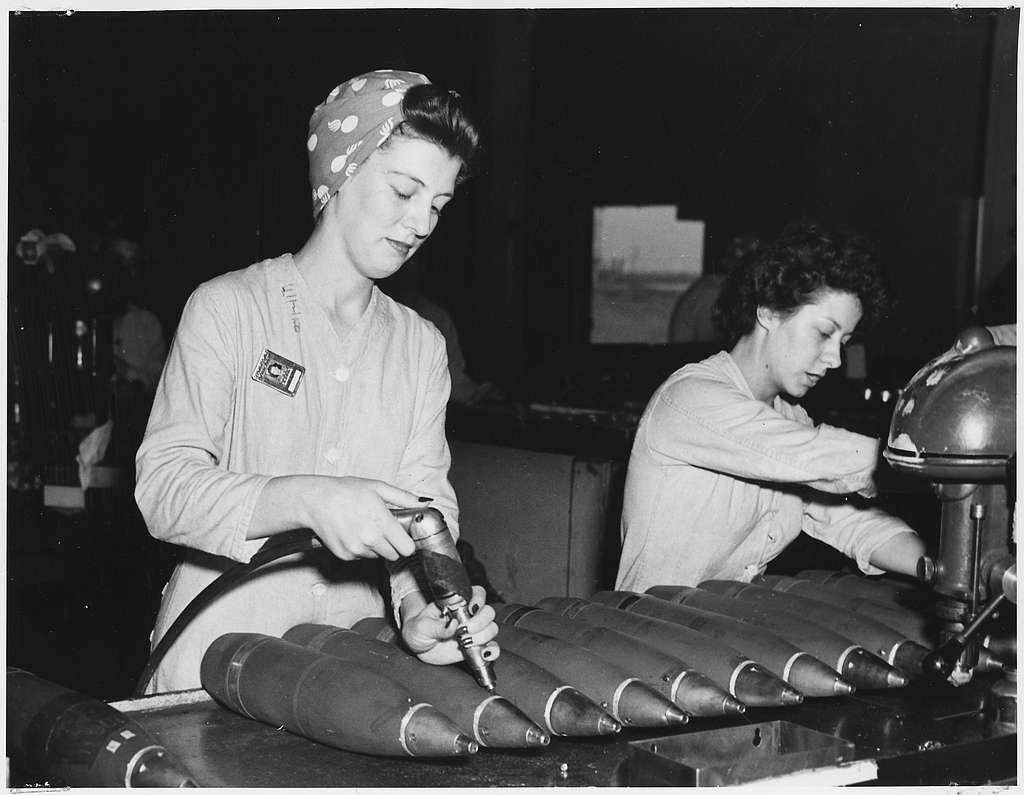
Militarization Decreases Women’s Share of Income
Governments should consider “the gendered consequences of military budgets” and reallocate military spending into education and healthcare to improve gender equality and increase women’s share of income.
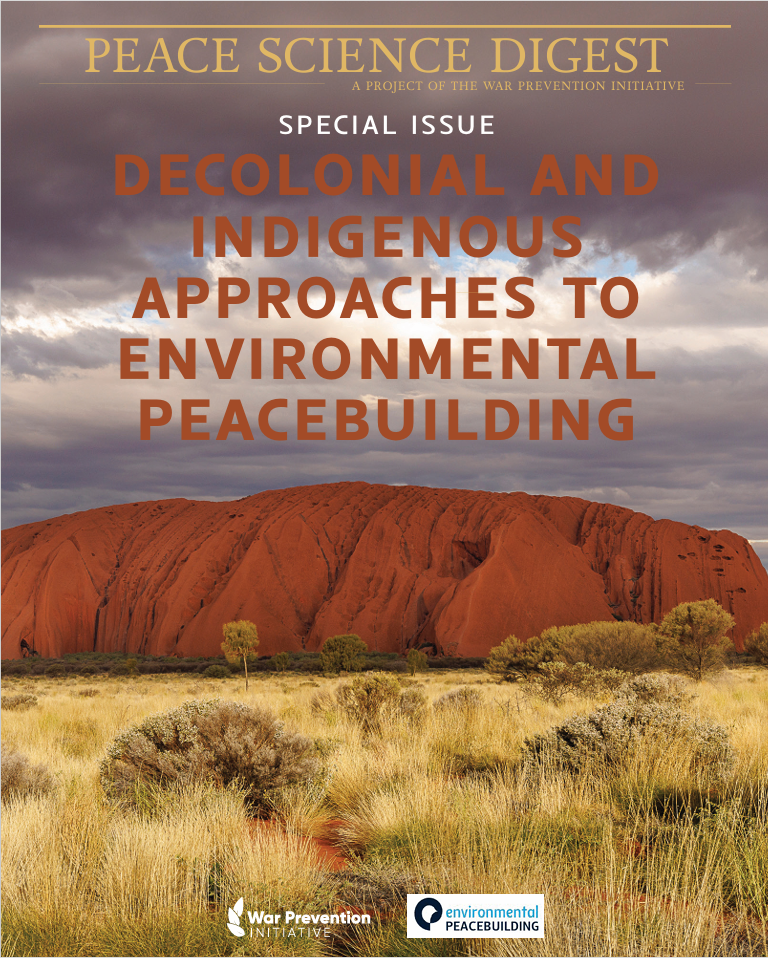
Special Issue: Decolonial and Indigenous Approaches to Environmental Peacebuilding
Environmental peacebuilding emerged from the convergence of multiple fields—like political science, environmental science, peace and conflict studies, and ecology—concerned with how the natural environment shapes conditions for peace and conflict. Read our special issue on the topic here.
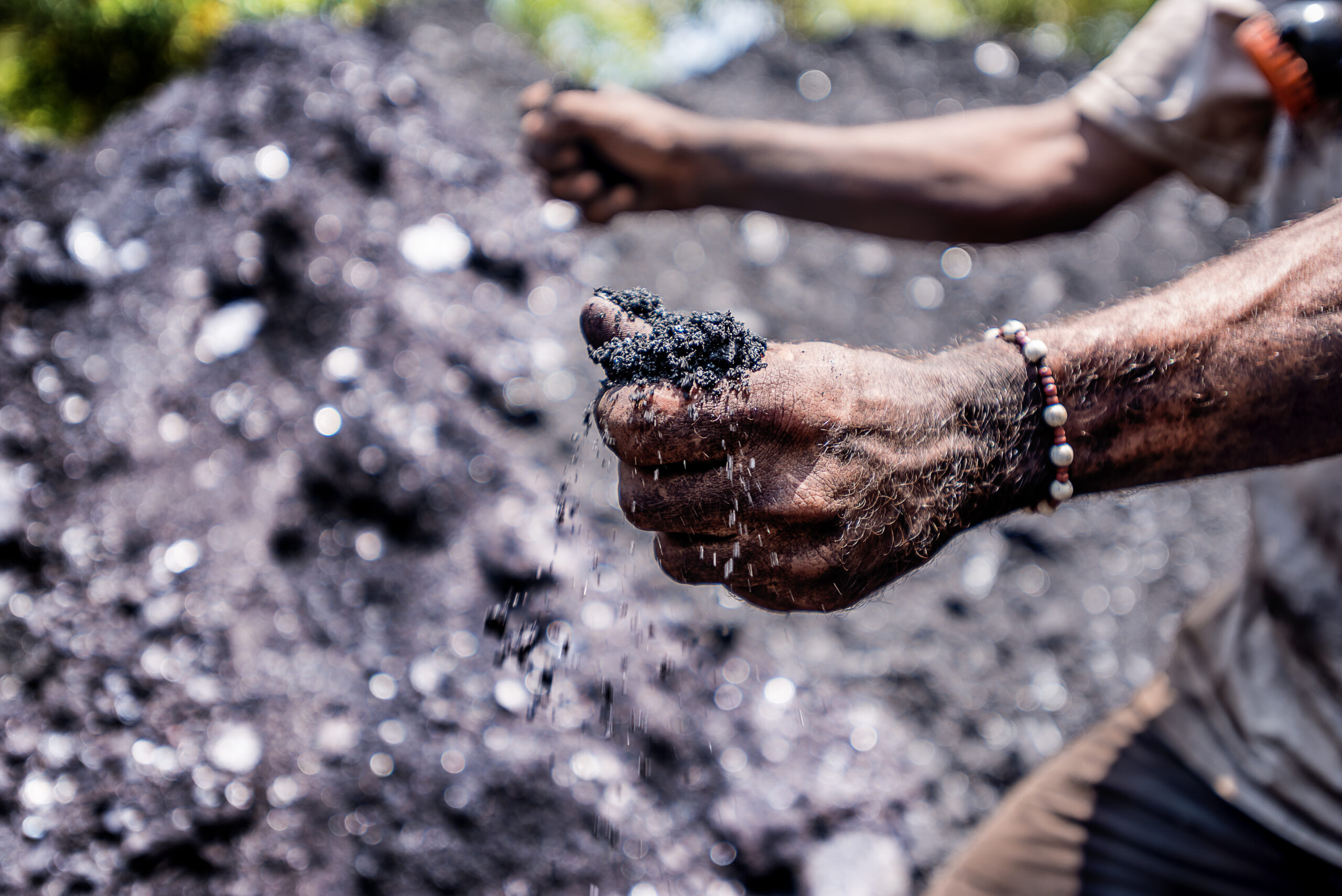
Conversations on Indigenous and Decolonial Approaches to Environmental Peacebuilding: Interview with Dr. Diana Arbelaez-Ruiz
We conducted a series of interviews with experts to gain deeper insight into Indigenous and decolonial approaches to environmental peacebuilding. Here, we have Dr. Diana Arbelaez-Ruiz.

Conversations on Indigenous and Decolonial Approaches to Environmental Peacebuilding: Interview with Dr. Theresa “Isa” Arriola
We conducted a series of interviews with experts to gain deeper insight into Indigenous and decolonial approaches to environmental peacebuilding. Here, we have Dr. Theresa “Isa” Arriola.
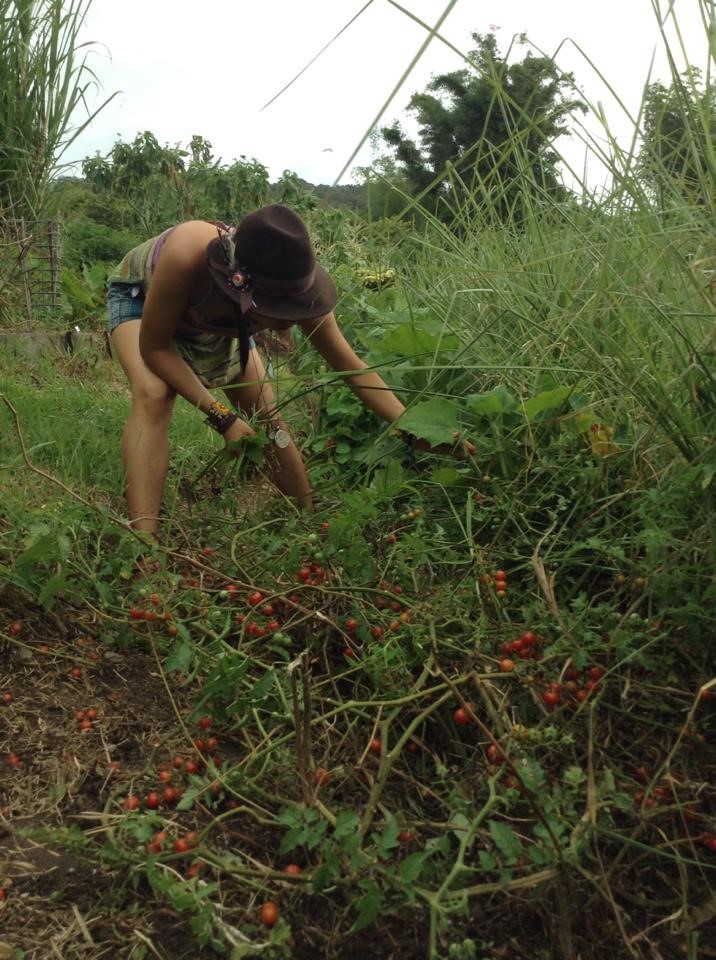
Conversations on Indigenous and Decolonial Approaches to Environmental Peacebuilding: Interview with Dr. Elaine (Lan Yin) Hsiao
We conducted a series of interviews with experts to gain deeper insight into Indigenous and decolonial approaches to environmental peacebuilding. Here is one with Dr. Elaine (Lan Yin) Hsiao.

Spotlight: Environmental Peacebuilding in the Columbia and Snake River Basin
The Columbia River and the Snake River are lifelines for endangered salmon and other fish. Tribal nations, tribally led non-profit organizations, and other stakeholders have collaborated in environmental peacebuilding efforts to ensure healthy riverways.
